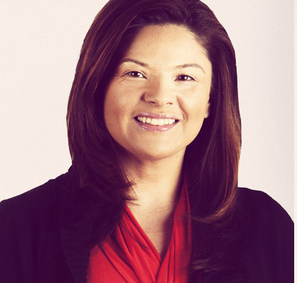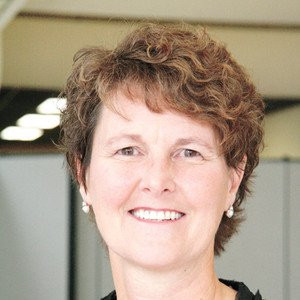Guest MINDSETTER™ Kinte Howe: Restorative Justice Needed in Providence Schools
Thursday, June 12, 2014
My name is Kinte Howie, and I'm the Board Chair of Young Voices and a junior at Classical High School. Young Voices is the only statewide organization that empowers youth to be confident civic leaders and advocates in their communities. It teaches youth like me how to understand issues, think strategically, speak out, and go out into the world and lead. Through Young Voices, I have been active in working to improve the Providence schools by sitting on a number of district-level committees. I am able to work on important issues that affect education, such as the use of punitive disciplinary practices.
The punitive disciplinary practices that are used in many of our state’s schools are counter-productive to what they are actually design to do. Rather than help students improve their behavior, they often push students not to come to school at all. Punitive disciplinary practices like harsh consequences for wearing a hat, giving detention for arriving at school late, or regularly suspending students for small infractions like not going to detention do nothing to correct students’ behavior. All these practices do is ignite a fire of defiance in a student and increase absenteeism, already a major problem across the state.
And worse than that, recent research by the ACLU has shown that punitive discipline practices are used in discriminatory ways across the state, with African American males like myself suspended at much high rates than our peers. I myself was actually targeted because I forgot to take off my hat one day, even though I am a strong student.
GET THE LATEST BREAKING NEWS HERE -- SIGN UP FOR GOLOCAL FREE DAILY EBLASTThese punitive disciplinary practices have a very negative effect on school culture, which is really a problem since having a positive school culture has been shown to be a factor in having students actually attend school.
We need a new system that will help empower our youth to improve their behavior and reflect on their actions. That system is called Restorative Practices, also known as Restorative Justice. Restorative Practices get the teachers, parents, administration, and even students involved in the issue of helping restore a student to the right track. I experienced Restorative Practices when I was a student at Highlander Charter School. When a student would misbehave, they were sent to a room with an adult who helped to get to the bottom of why they misbehaved, and gave them extra support if it was needed. They were also given a chance to sit down with this adult and the teacher and tell them from their own perspective why they misbehaved, and also hear from the teacher why what they did was wrong. This kind of practice actually helps teachers get to know their students on a more personal level and allows a student a chance to voice their opinion, which helps avoid the overbearing feeling that teachers have more power than students.
Instead of just suspending two students who had a fight, who would then return to school even angrier at each other, they worked to mediate the situation and resolve the conflict. Restorative Practices is a way to correct a student’s behavior without having to harshly punish them and send them running from the school.
Restorative Practices are something we need in our schools today! No longer can we just send students to the principal’s office and suspend them just because they were late a certain amount of times or didn't go to detention. The schools need to start trying to get to know their students and improve the climate in the schools, which is a huge factor in attendance and graduation rates. At Central Falls High School, Restorative Practices have been in place, and the graduation rate increased from 58% to 70% in just one year.
When schools use “No Tolerance” policies that often target students, they set up an environment that students like me don’t want to be in. Students will not come to school if they aren't welcomed into a healthy school climate in which they have a stake in how the school is run. Students should be included in school and district level committees in framing effective discipline policies.
Related Slideshow: RI Experts on the Biggest Issues Facing Public Education
On Friday November 22, the Hassenfeld Institute for Public Leadership at Bryant University, the Latino Policy Institute of Roger Williams University, the Rhode Island Association of School Committees, the Providence Student Union, and RI-CAN: Rhode Island Campaign for Achievement Now will host Rhode Island leaders in the public and nonprofit sectors for a symposium on "the civil rights issue of the 21st century, adequacy and equity and the State of Education in Rhode Island."
Weighing in on the the "three biggest factors" facing education in the state today are symposium participatnts Gary Sasse, Founding Director of the Hassenfeld Institute for Leadership; Christine Lopes Metcalfe, Executive Director of RI-CAN; Anna Cano-Morales, Chairwoman of the Board of Trustees, Central Falls Public Schools and Director, Latino Policy Institute at Roger Williams University; Tim Duffy, Executive Director, RI Association of School Committees; and Deborah Cylke, Superintendent of Pawtucket Public Schools.
Related Articles
- Julia Steiny: The Education Non-System Sets Kids Up for Failure
- Chafee’s Budget: Education
- PODCAST: Do the RI Gubernatorial Candidates Support Education Reform?
- Do the RI Gubernatorial Candidates Support Education Reform?
- RI Experts on the Biggest Challenges Facing Public Education













